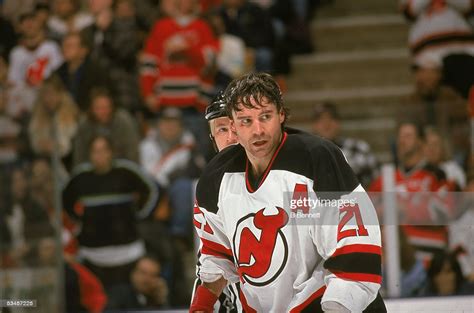A Quote by Chinua Achebe
The market literature, which was particularly strong in Igboland, in Onitsha, today it is no longer strong. It is one of the victims of the civil war, that market was actually destroyed and at the end of the war a new Nigeria has struggled to come into being and I believe that what is probably going to replace the market literature might be the video, which they have taken to in a big way, creating dramas. So that may be the next thing way we will see coming out of the local basic level in our society.
Quote Topics
Actually
Basic
Being
Believe
Big
Civil
Civil War
Come
Coming
Coming Out
Creating
Destroyed
Dramas
End
Going
I Believe
Level
Literature
Local
Longer
Market
May
Might
New
Next
Next Thing
Nigeria
Our
Our Society
Out
Particularly
Replace
See
Society
Strong
Struggled
Taken
Thing
Today
Victims
Video
War
Way
Which
Will
Related Quotes
An old market had stood there until I'd been about six years old, when the authorities had renamed it the Olde Market, destroyed it, and built a new market devoted to selling T-shirts and other objects with pictures of the old market. Meanwhile, the people who had operated the little stalls in the old market had gone elsewhere and set up a thing on the edge of town that was now called the New Market even though it was actually the old market.
Historical romance is still very strong in the market. Writers of historical romance are making the bestselling lists on a regular basis and careers are growing. However, since there is much more variety in romance today, the total sales of historicals might be down from their peak. The talk of the market softening is a reflection of this, and of the fact that one does not see big growth in this area of the market.
I believe in market economics. But to paraphrase Churchill - who said this about democracy and political regimes - a market economy might be the worst economic regime available, apart from the alternatives. I believe that people react to incentives, that incentives matter, and that prices reflect the way things should be allocated. But I also believe that market economies sometimes have market failures, and when these occur, there's a role for prudential - not excessive - regulation of the financial system.
I think my father [ Erwin Rommel] would have given the same answer. The British and Americans and the French were too strong, too strong and the strategy of this battle was too clever. And the war may be - it would have taken some weeks longer before the German front was penetrated. And by the way, today we know that it was better to lose the war than to win it with Hitler.
Ridiculous as our market volatility might seem to an intelligent Martian, it is our reality and everyone loves to trot out the 'quote' attributed to Keynes (but never documented): 'The market can stay irrational longer than the investor can stay solvent.' For us agents, he might better have said 'The market can stay irrational longer than the client can stay patient.'
The Middle East would always be an important trading partner in just a market sense, like America is a big market for us, Asia is a big market, Europe is a big market. You are going to have hundreds of millions of consumers there, from just a standard market point of view, from a very narrow American point of view.
When I get hurt in the market, I get the hell out. It doesn't matter at all where the market is trading. I just get out, because I believe that once you're hurt in the market, your decisions are going to be far less objective than they are when you're doing well If you stick around when the market is severely against you, sooner or later they are going to carry you out.
Globalization, meaning the global expansion of a market economy, is the only way we can guarantee widespread prosperity and peace. A lot of nations are just so small, that unless they can sell their goods and services on the market they're never going to develop, they don't have an internal market that's big enough to sustain anything.
It seems to me that literature is giving way a little bit to the immediacy of other diversions, other forms of entertainment. What will it be in fifty years? I don't know. Will there be printed books? Probably, but I'm not sure. There's always going to be literature, though. I believe that. I think literature has a way of getting deep into people and being essential. Literature has its own powers.
On a very, very basic level, I'm definitely pro market because with the market comes the idea of the individual and the idea of specialisation, and I personally like being an individual and choosing my interactions. I don't see culture moving away from that, like back to a farming society. You couldn't do that with the amount of people we have.






































